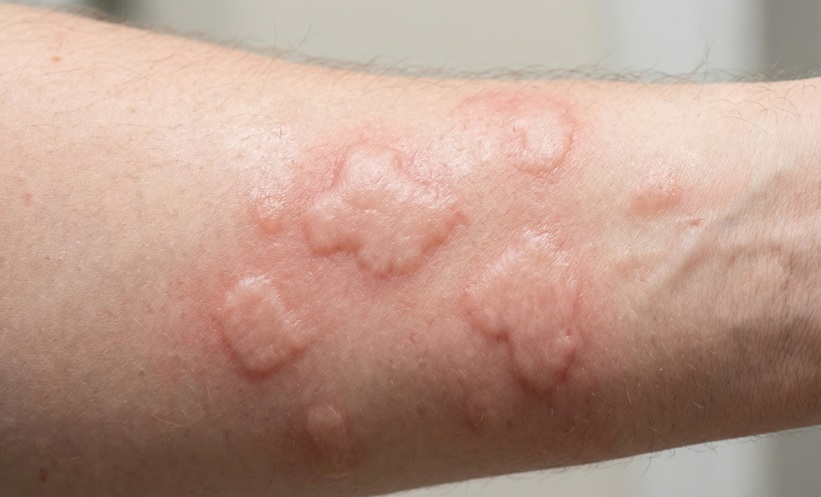EOSINOPHILIC oesophagitis (EoE) is a chronic, progressive inflammatory condition that significantly impairs quality of life. Its prevalence is rising globally, and while several treatment approaches exist, such as swallowed topical corticosteroids (STCs), proton pump inhibitors (PPIs), food elimination diets, and oesophageal dilation, many patients experience treatment failure, intolerance, or require invasive procedures without long-term disease resolution.
Dupilumab, an interleukin-4 receptor alpha antagonist that inhibits IL-4 and IL-13 signalling, key drivers of Type 2 inflammation, has been approved for EoE treatment in the USA and the EU. The trial evaluated the efficacy of weekly dupilumab (300 mg) in adolescents and adults with active EoE. A recent post hoc analysis of this trial explored dupilumab’s performance in subgroups based on prior treatment with STCs (budesonide or fluticasone), PPIs, food elimination diets, and oesophageal dilation.
Results showed that dupilumab improved histologic, endoscopic, and symptomatic markers of EoE across all patient groups, including those with prior STC use or inadequate response to such therapies. These improvements were sustained through Week 52, regardless of whether patients were also using PPIs or had undergone oesophageal dilation. Notably, patients with a history of oesophageal dilation, a marker of long-standing, fibrostenotic disease, responded well to dupilumab, suggesting the potential to reduce future need for such invasive procedures.
Dupilumab also demonstrated consistent efficacy in patients with or without a history of food elimination diets, although some results were limited by small subgroup sizes. Importantly, all participants in the trial had active EoE despite prior treatments, underlining the persistent disease burden.
While the study was limited by its post hoc nature, small subgroup sizes, and incomplete data on prior treatment specifics, the findings highlight dupilumab as a promising option for patients with EoE who have not responded to other therapies. Future studies are needed to confirm these results in broader and paediatric populations, and to assess long-term effects on oesophageal remodelling.
Reference
Bredenoord AJ et al. Dupilumab is efficacious for eosinophilic esophagitis irrespective of prior swallowed budesonide or fluticasone, or prior treatments used alongside swallowed topical corticosteroids: results from the phase 3, randomized, placebo-controlled, LIBERTY EoE TREET trial. Expert Rev Gastroenterol Hepatol. 2025;19(2):197-209.





